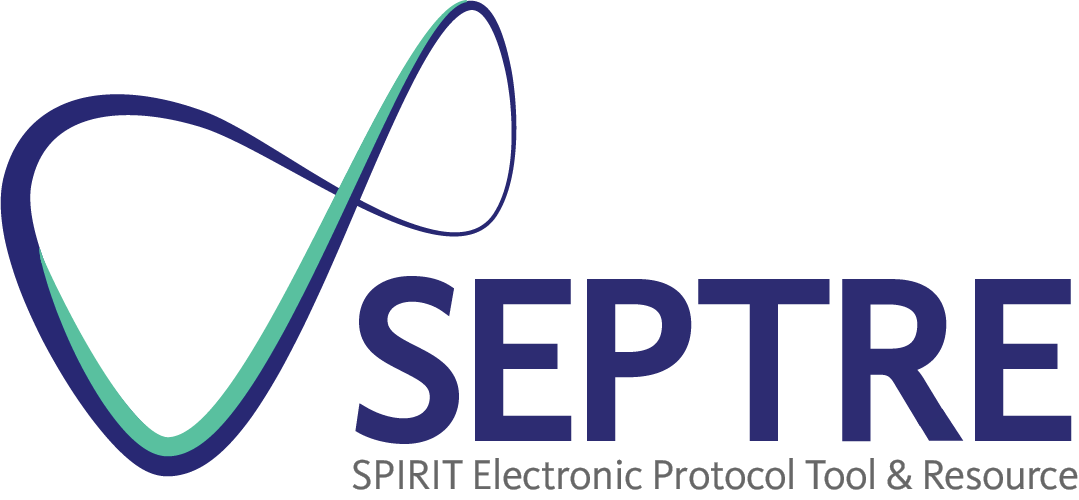Item 5d: Composition, roles, and responsibilities of the coordinating centre, steering committee, endpoint adjudication committee, data management team, and other individuals or groups overseeing the trial, if applicable (see Item 21a for Data Monitoring Committee).
Example
“4.1 Organisational structure and responsibilities
Principal Investigator and Research Physician
Design and conduct of RITUXVAS
Preparation of protocol and revisions
Preparation of investigators brochure (IB) and CRFs [Case Report Forms]
Organising steering committee meetings
Managing CTO [Clinical Trials Office]
Publication of study reports
Members of TMC [Trial Management Committee]
Steering committee (SC)
(see title page for members)
Agreement of final protocol
All lead investigators will be steering committee members. One lead investigator per country will be nominated as national, coordinator.
Recruitment of patients and liasing with principle [sic] investigator
Reviewing progress of study and if necessary agreeing changes to the protocol and/or investigators brochure to facilitate the smooth running of the study.
Trial Management Committee (TMC)
(Principle [sic] investigator, Research Physician, Administrator)
Study planning
Organisation of steering committee meetings
Provide annual risk report MHRA [Medicines and Healthcare products Regulatory Agency] and ethics committee
SUSAR [Serious unexpected suspected adverse events] reporting to MHRA and Roche
Responsible for trial master file
Budget administration and contractual issues with individual centres
Advice for lead investigators
Audit of 6 monthly feedback forms and decide when site visit to occur.
Assistance with international review, board/independent ethics committee applications
Data verification
Randomisation
Organisation of central serum sample collection
Data Manager
Maintenance of trial IT system and data entry
Data verification
Lead Investigators
In each participating centre a lead investigator (senior nephrologist/ rheumatologist/immunologist) will be identified, to be responsible for identification, recruitment, data collection and completion of CRFs, along with follow up of study patients and adherence to study protocol and investigators brochure . . . Lead investigators will be steering committee members, with one investigator per country being nominated as national coordinator.” 62
Explanation
The protocol should outline the general membership of the various committees or groups involved in trial coordination and conduct; describe the roles and responsibilities of each; and (when known) identify the chairs and members. This information helps to ensure that roles and responsibilities are clearly understood at the trial onset, and facilitates communication from external parties regarding the trial. It also enables readers to understand the mandate and expertise of those responsible for overseeing participant safety, study design, database integrity, and study conduct. For example, empirical evidence supports the pivotal role of an epidemiologist or biostatistician in designing and conducting higher quality trials.63;64
| 5c: Sponsor and funder | 6a: Background and rationale |

